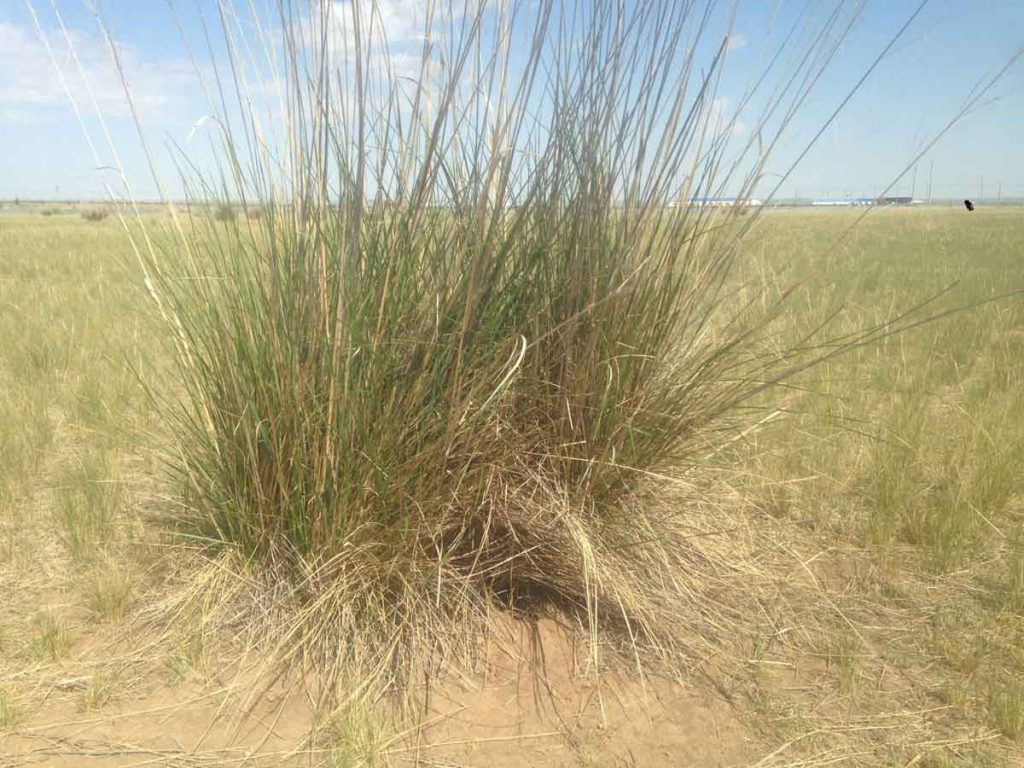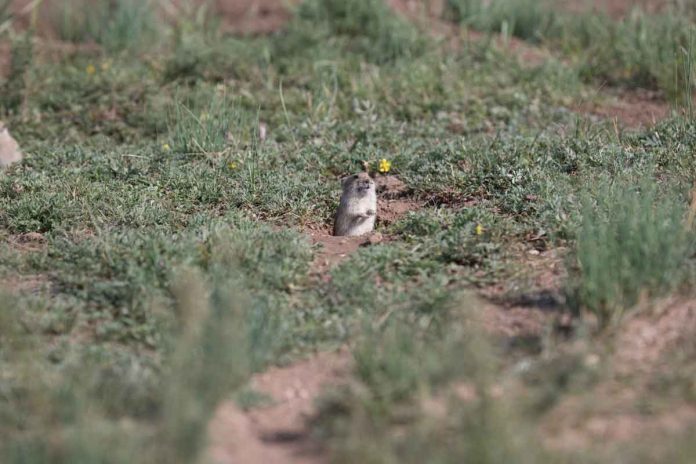New research shows, a tiny rodent trims tall grasses so it can watch the skies for flying predators.
Brandt’s voles live in grassland in Inner Mongolia, China. There they are hunted by birds called shrikes.
Institute of Zoology, Chinese Academy of Sciences, Northeast Normal University of China and Universities of Exeter and Florida scientists have found that the voles cut tall bunchgrass when shrikes are nearby.
The voles don’t eat or use the bunchgrass. They cut it to keep themselves safe. This is an example of “ecosystem engineering.”
The voles dramatically decreased the volume of bunchgrass, when shrikes were present.
This led to fewer visits from shrikes. This apparently recognize cut-grass areas as poor hunting grounds.
An activity like this is costly for the voles in terms of energy. So, there must be high ‘selection pressure’ to do it. Cutting the grass must significantly improve their chances of survival. Scientists also tested the impact of keeping birds away. They put up nets over certain areas.

The voles stopped cutting the bunchgrass, with no shrikes overhead.
Scientists sometimes underestimate the ability of wild animals to react to changes in their environment.
The voles were able to change their behavior in response to the removal of predators, in this case.
The findings are a reminder that species show remarkable adaptations. It also underlines that the loss of even a single species in a food web can result in unexpected changes to an entire habitat.
The study provides a good example that animals can actively modify their habitat to reduce predation risk. The study would have some implications in rodent management in pasture land. It will keep these large bunchgrasses may help to attract shrikes.

